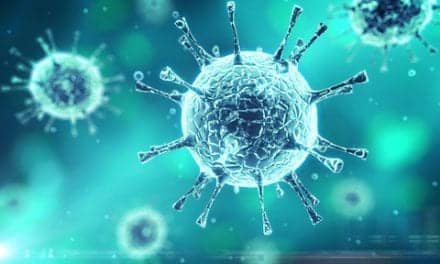A comprehensive characterization of the antibody-response to RSV aims to advance the understanding of the human immune response to the virus and may have implications for vaccine design. According to a Science Daily news report, which antibody combination conveys the best immune protection and why RSV infections recur throughout life remain unanswered. As such, the researchers first performed a comprehensive and unbiased analysis of the human antibody response to the RSV F and G proteins in infants before and after RSV infection. The researchers then characterized the changes in the response over time by analyzing the antibodies from children, adolescents, and adults.
The research team found that the blood of young infants contained maternal antibodies that recognize several parts of both the F and G proteins. Also, in older infants that had been infected with RSV, they saw a dramatic expansion in both quantity and diversity of the antibodies that recognized the G protein. In examining the changes over time, the researchers found that the antibodies against the F protein continued to expand with age while those against the G protein weakened. The Science Daily news report notes that because the G protein sequence varies between RSV strains, whereas the F protein is highly conserved among strains, some vaccines under development use only the more tractable F protein as a vaccine antigen.
The results of the study, which essentially show a strong expansion of anti-G responses in infants following infection as well as strong anti-F responses but weakened anti-G responses in adults, suggests that such a vaccine design may be problematic. However, the fact that the strong anti-G responses seen in children target a fairly conserved region in the G protein suggest that variability in other parts of the G protein does not necessarily compromise G’s utility as a vaccine antigen, according to Science Daily.
The researchers note that the results of the study overall suggest “an unlinked evolution of the antibody responses to F and G proteins in humans,” and propose that “the significant drop in anti-G antibody levels in adults may be a factor in sustained susceptibility to RSV infections throughout life,” as indicated on the Science Daily news report. The researchers note that their findings “imply the need to include G proteins in future RSV vaccines in order to boost the anti-G responses.”
Source: Science Daily









